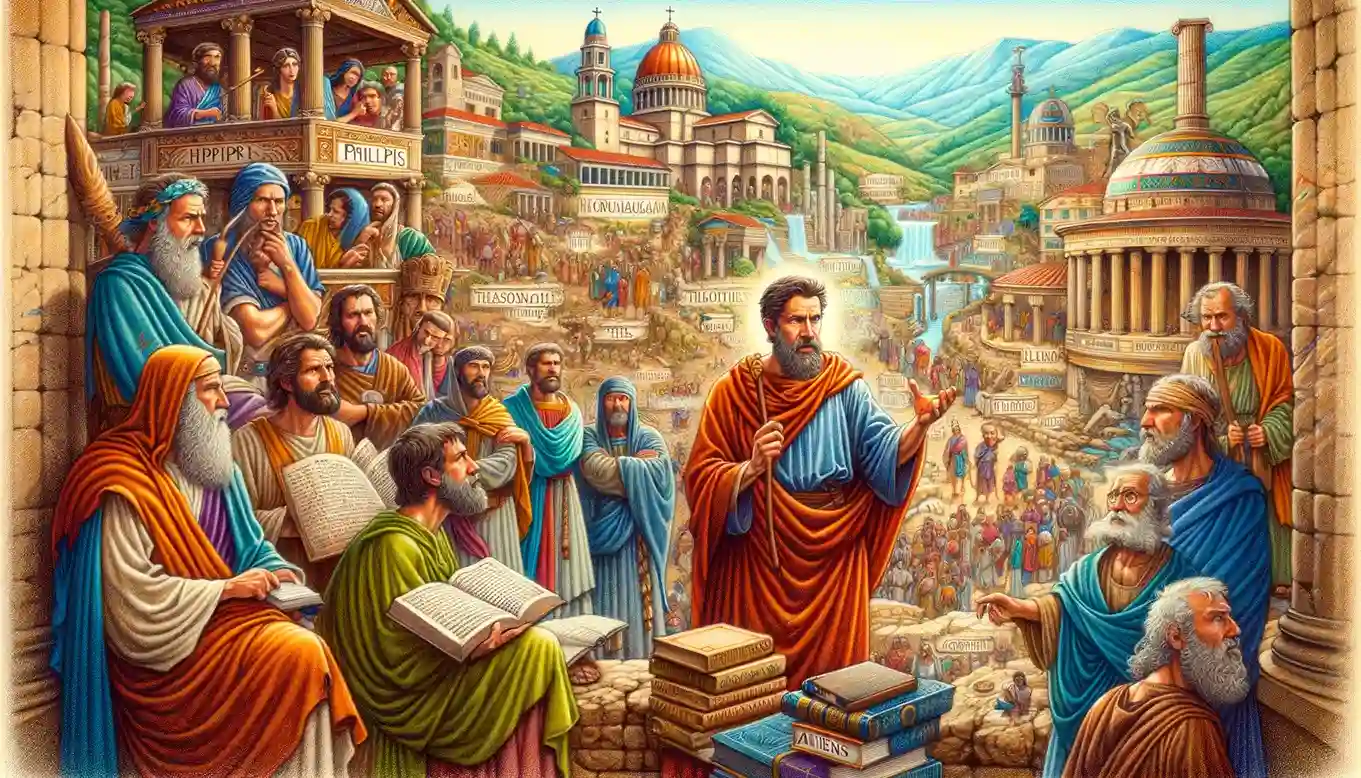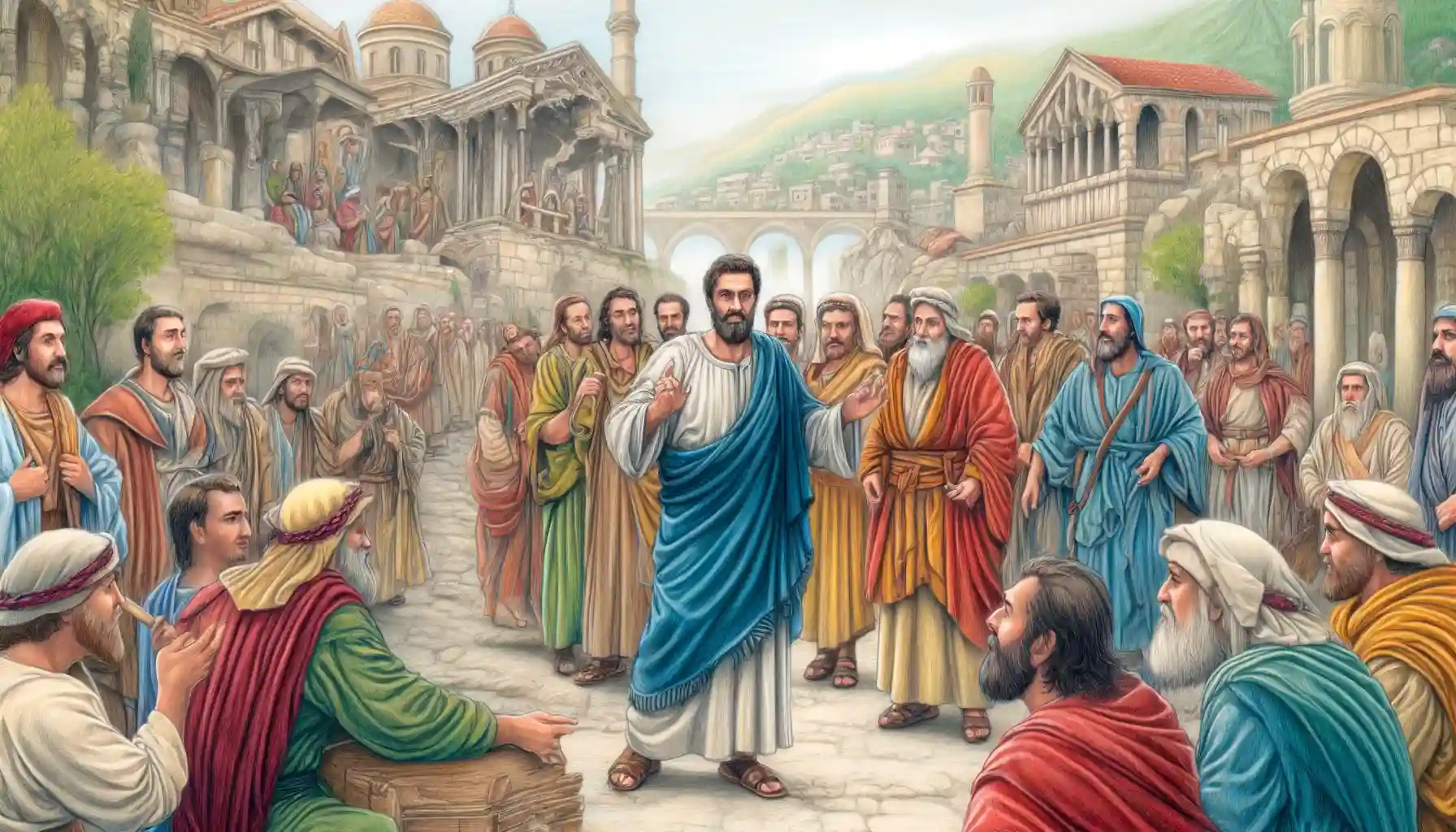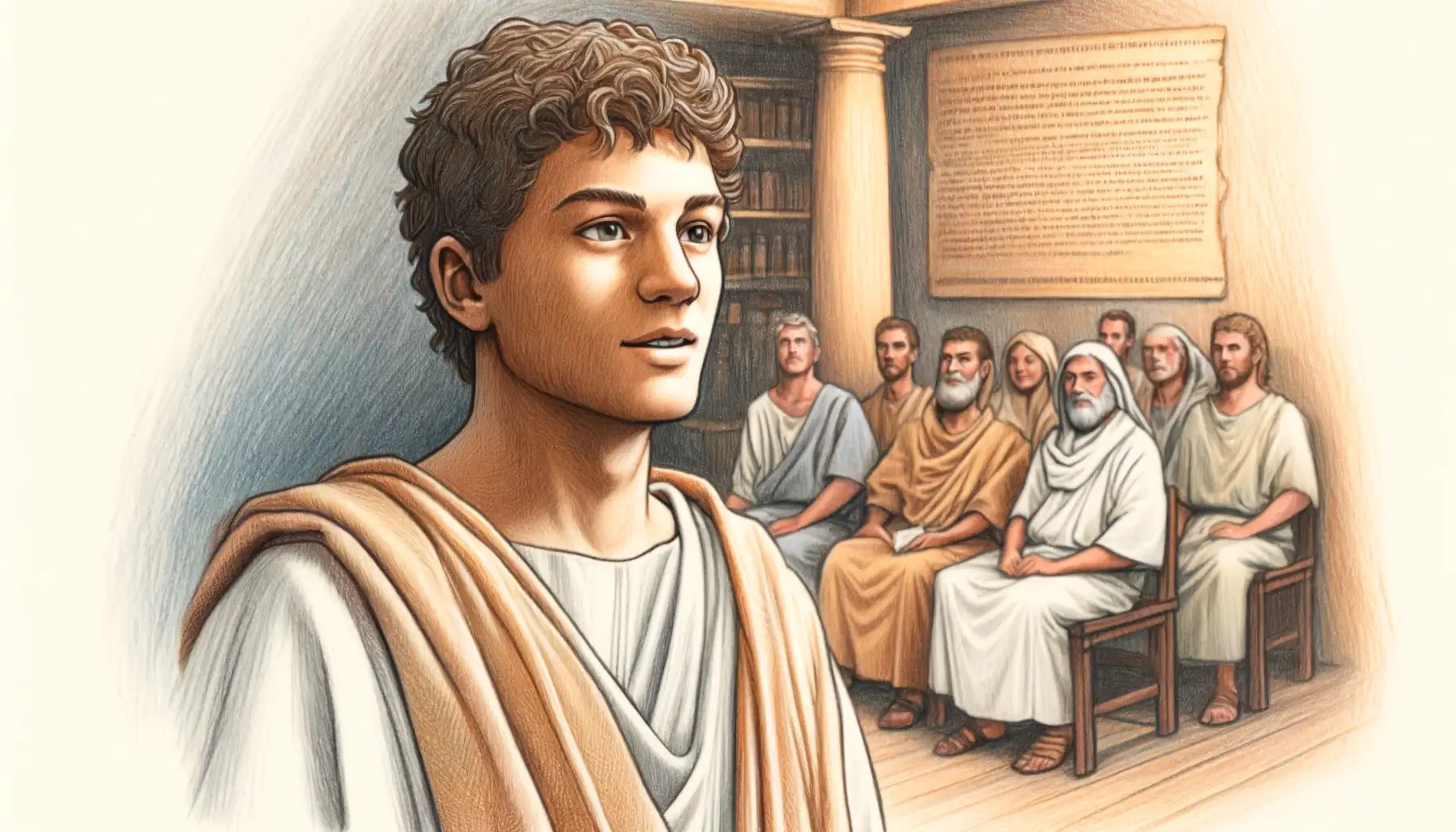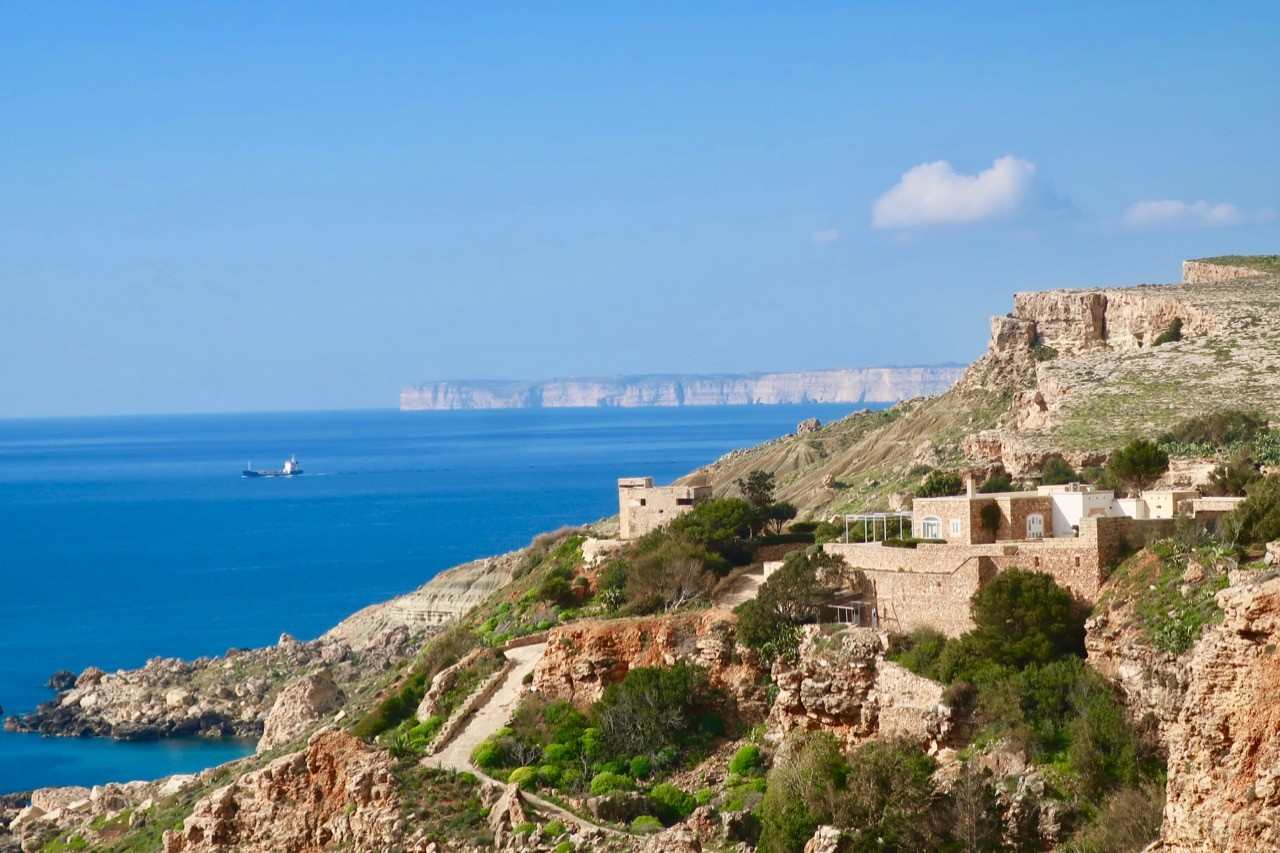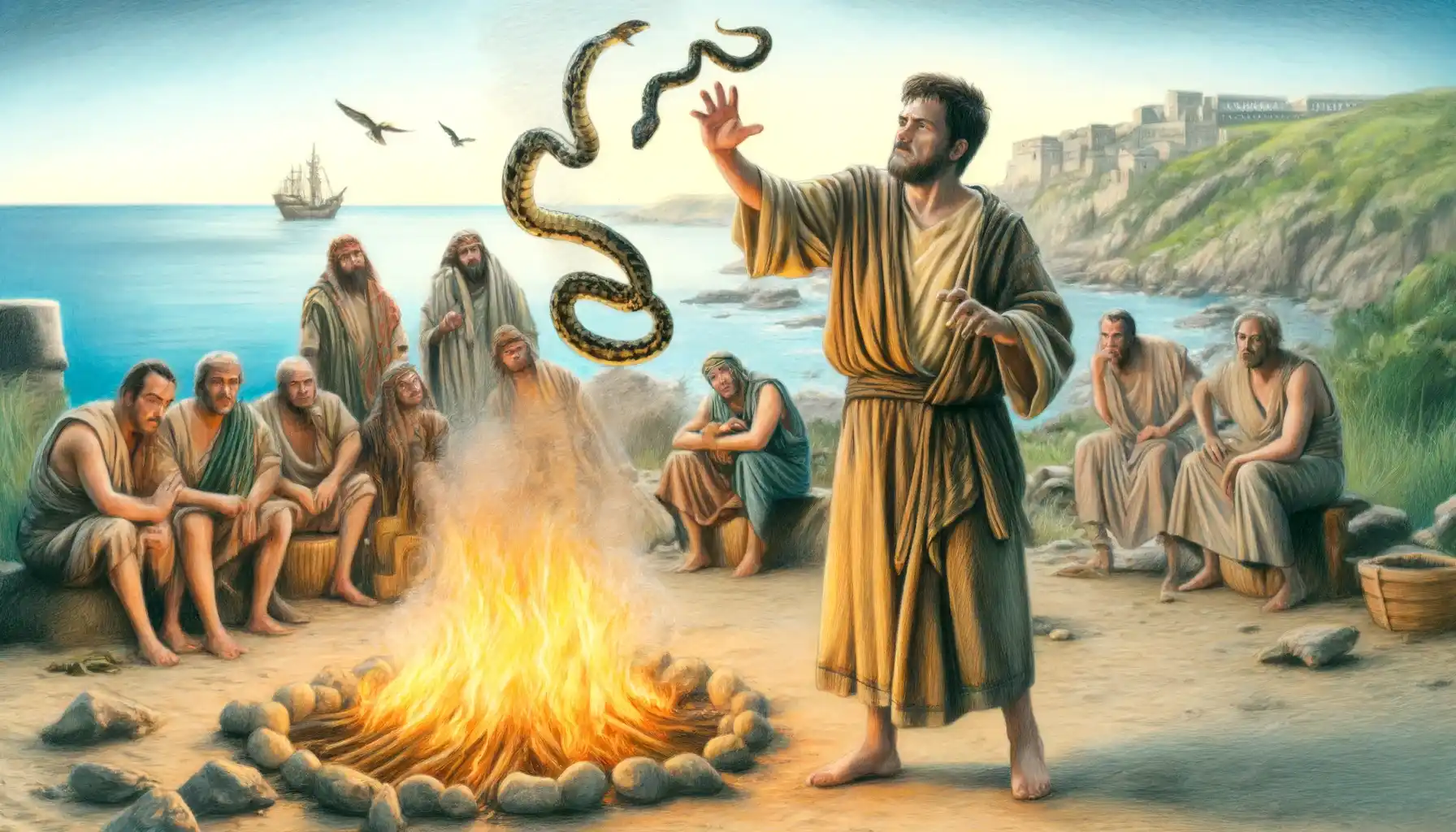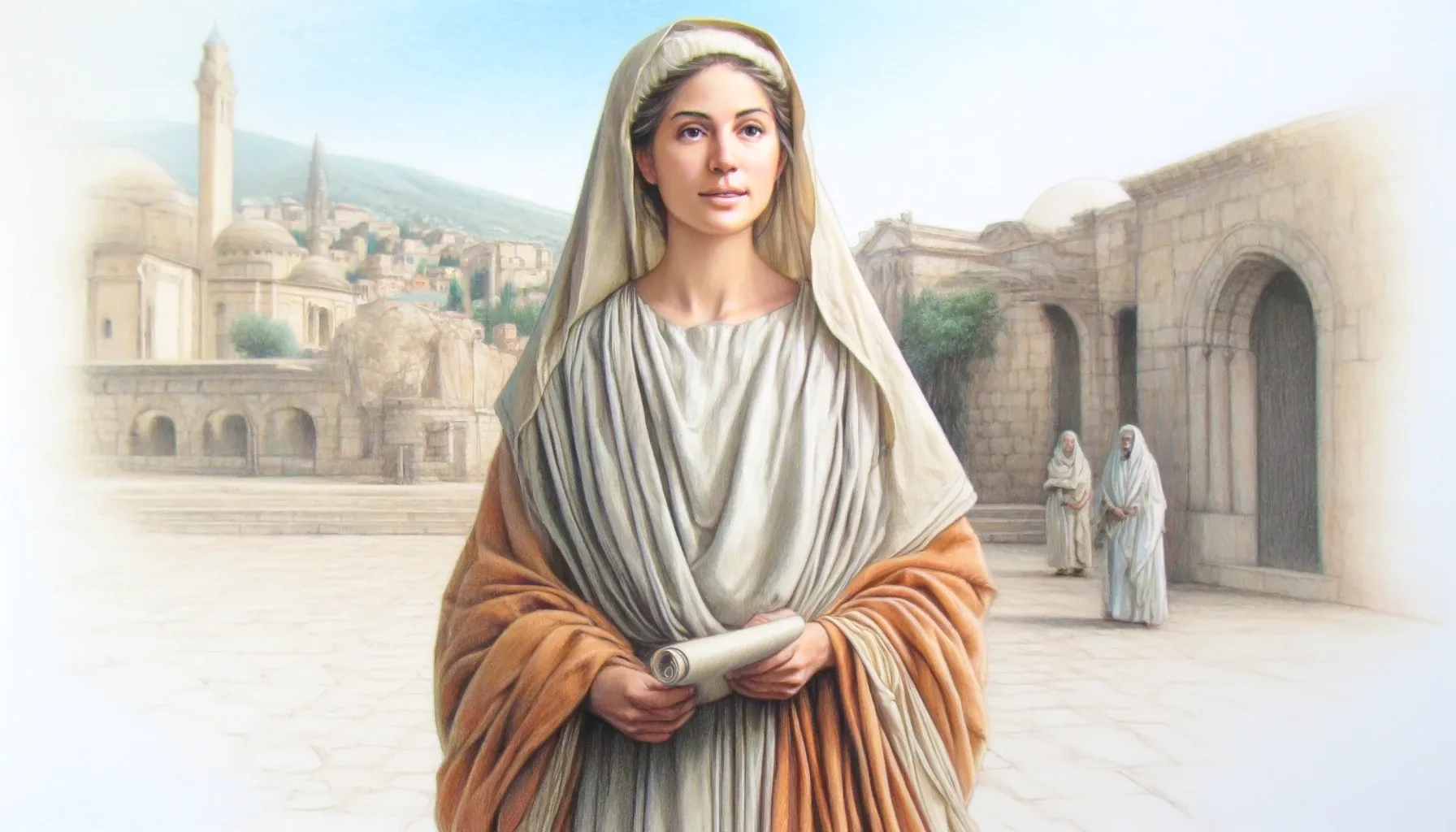Paul’s second missionary journey, accompanied by Silas, Timothy, and later Luke, significantly expanded the reach of Christianity into Europe as they traveled from Antioch through key locations such as Philippi, Thessalonica, Berea, Athens, Corinth, and Ephesus, preaching the Gospel, performing miracles, and establishing strong Christian communities despite facing considerable opposition, thereby demonstrating the transformative power and inclusivity of the Gospel.
Paul’s first missionary journey, undertaken with Barnabas and John Mark, marked a foundational moment in the spread of early Christianity as they traveled from Antioch to Cyprus, Pisidian Antioch, Iconium, Lystra, and Derbe, preaching the Gospel, performing miracles, facing persecution, and establishing new churches, thereby demonstrating the transformative power of the Gospel and the inclusivity of God’s salvation plan.
Timothy, a devoted protégé of the Apostle Paul, played a crucial role in the early Christian church as a pastor and leader, known for his genuine faith, humility, and resilience, and his legacy is encapsulated in the pastoral epistles that highlight his significant contributions to the spread and establishment of Christianity.
The genealogies of Jesus Christ, presented in Matthew 1:1-16 and Luke 3:23-38, trace His lineage through different ancestries and purposes, emphasizing His royal descent, fulfillment of prophecy, and connection to all humanity.
In Acts 28:8-9, after surviving a shipwreck and a viper bite, Paul performs miraculous healings on the island of Malta, including curing the father of Publius, the chief official, and many other sick islanders, which leads to widespread recognition of God’s power.
The island of Malta, where the Apostle Paul was shipwrecked and performed miracles, is significant in Acts 28 for demonstrating divine intervention and the spread of early Christianity through Paul’s miraculous survival of a viper bite and subsequent healing of the island’s inhabitants.
In Acts 28:3-5, Paul is bitten by a viper while gathering firewood on the island of Malta, but he suffers no harm, leading the islanders to view him as under divine protection.
The Mount of Olives, located east of Jerusalem, is a historically and biblically significant site known primarily as the location of Jesus’ ascension to heaven, marking a key event in Christian theology and prophecy.
The River Jordan is a historically and biblically significant river in the Middle East, known primarily as the site of Jesus’ baptism by John the Baptist, symbolizing the commencement of His public ministry and fulfilling Old Testament prophecies.
Phoebe, a deaconess of the church in Cenchreae, is commended by Paul in Romans 16:1-2 for her significant role as a benefactor and leader, highlighting the active participation of women in the early Christian community.

